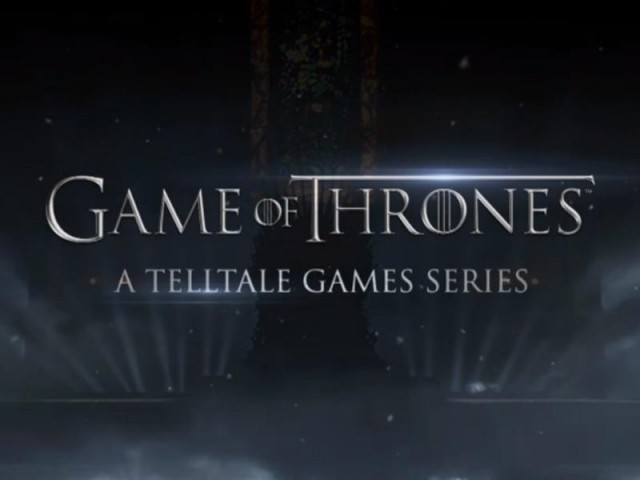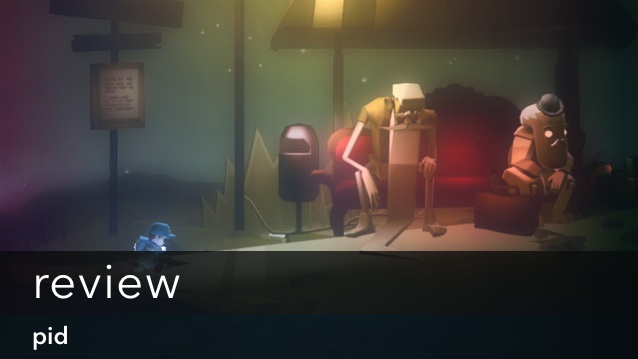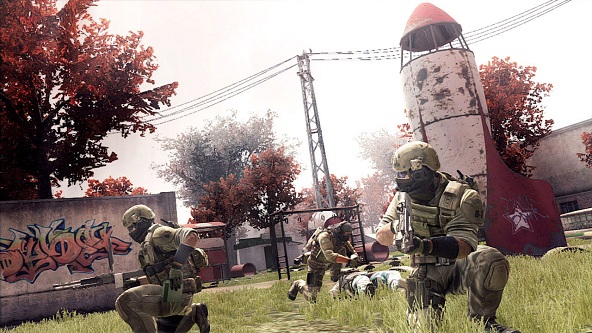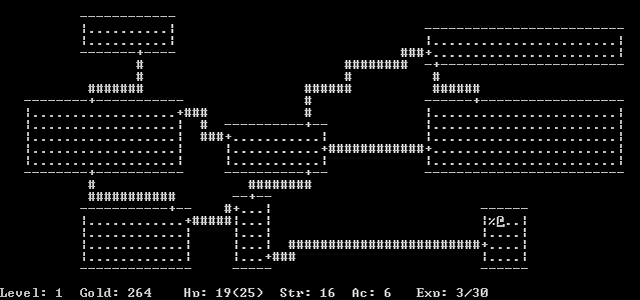


I play videogames. I play them for a living, and I play them for fun. Among the many games that I play, I also enjoy first person shooters—not because they allow me to live out a fantasy as a killer (this is not my fantasy), or because I enjoy the sight of blood (I do not), but because they're just plain fun. And because they always tell a story, even if it's one I write on my own each time I boot up a game of Call of Duty.
Like films, literature and comics, the videogame is a narrative medium. Prehistoric humans huddled around around campfires and regaled each other with stories of their hunts, and the Romans and the Greeks did the same in more grandiose fashion at the amphitheater.
Videogames are simply the latest incarnation of humanity's long tradition of storytelling. The interactivity touted by videogames isn't even original to the medium, for storytellers have always involved the audience in each of their tellings. It's simply collaborative storytelling in its latest incarnation.
***
I am bothered by many things, and one of the things that's been bothering me lately is the conflation of videogame playing with the actions of murderers and spree-killers, which is not too different from blaming mass violence on a theatrical play. It may seem surprising given our enlightened understanding of the media today, but numerous plays—and even films—have been banned by religious and political authorities after being accused of having such impacts.
A call has gone out to gamers to stop playing videogames for 24 hours in solidarity of the recent school shooting in Sandy Hook, Connecticut.
The so-called 'ceasefire' campaign was launched by GamerFitNation's founder Antwand Pearman, who wants gamers to stop gaming for a set period of time to show support for the victims of the shooting.
"We are simply making a statement that we as Gamers are not going to sit back and ignore the lives that were lost," says Pearman. "Instead we will embrace the families with our love and support."
The campaign has garnered over a thousand supporters on Facebook since its launch today. It's set to take place from December 21 to December 22.
The implication in Pearman's message is that gamers are, by their very nature, lacking empathy and ignorant to the suffering of others. The campaign might be well intentioned, but how would it sound if someone suggested people stop watching violent movies for a day every time someone went on a shooting spree?
Hundreds of millions of people play videogames—including violent first person shooters—and the exceedingly vast majority of whom are not criminals. To place the blame on videogames at all is not only misguided, but dangerous, as it ignores the real causes of these tragic events, namely the availability of guns and the poor state of the mental healthcare system, and the publicity the killers receive after they carry out their terrible acts.
Interestingly enough, the science backs me up as a recent ten-country study shows that videogames and gun violence are not linked.
What will this campaign accomplish, aside from making Pearman and his supporters feel good about themselves? It's an empty gesture that does nothing but implicate gamers in the violent actions of Adam Lanza, James Holmes, Seung-Hui Cho, and other spree killers.
I for one have nothing to do with them, nor does any other gamer.




 Pid Review: The 2D Platformer Returns
Pid Review: The 2D Platformer Returns Ghost Recon: Future Soldier – Raven Strike Walkthrough
Ghost Recon: Future Soldier – Raven Strike Walkthrough Mad Catz M.O.J.O. Android Gaming Console Review and Giveaway
Mad Catz M.O.J.O. Android Gaming Console Review and Giveaway Blade&Soul Guide: How to Get the Red Specter
Blade&Soul Guide: How to Get the Red Specter How Procedural Generation Took Over The Gaming Industry
How Procedural Generation Took Over The Gaming Industry